Attack on public broadcasting licence fee clearly fails
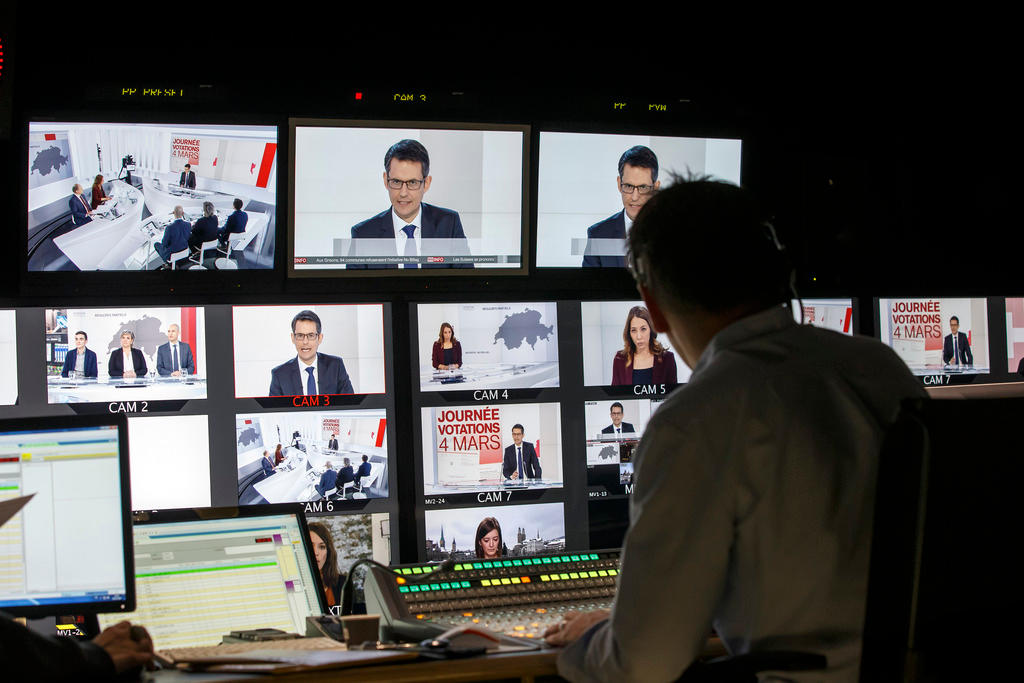
Voters have rejected a proposal to do away with the mandatory licence fee for Switzerland’s public broadcasters.
Final results show 71.6% of voters throwing out the initiative, which was launched by the youth chapters of two major political parties on the right.
All regions and 26 cantons rejected the proposal. Urs Bieri, director of the leading GfS Bern research institute, said the “no” voters were even in the majority in rural, traditionally more conservative regions.
Only six of the country’s more than 2,250 municipalities came out in favour of the initiative.
“The result shows that voters want to maintain a public service broadcaster and that they are prepared to pay a licence fee,” Communications Minister Doris Leuthard said at a news conference on Sunday.
She said the result was a verdict against a system with exclusively commercial radio and television programmes in Switzerland.
Leuthard described the result as a fiasco for critics of a public licence fee and called for restraint in further discussions.
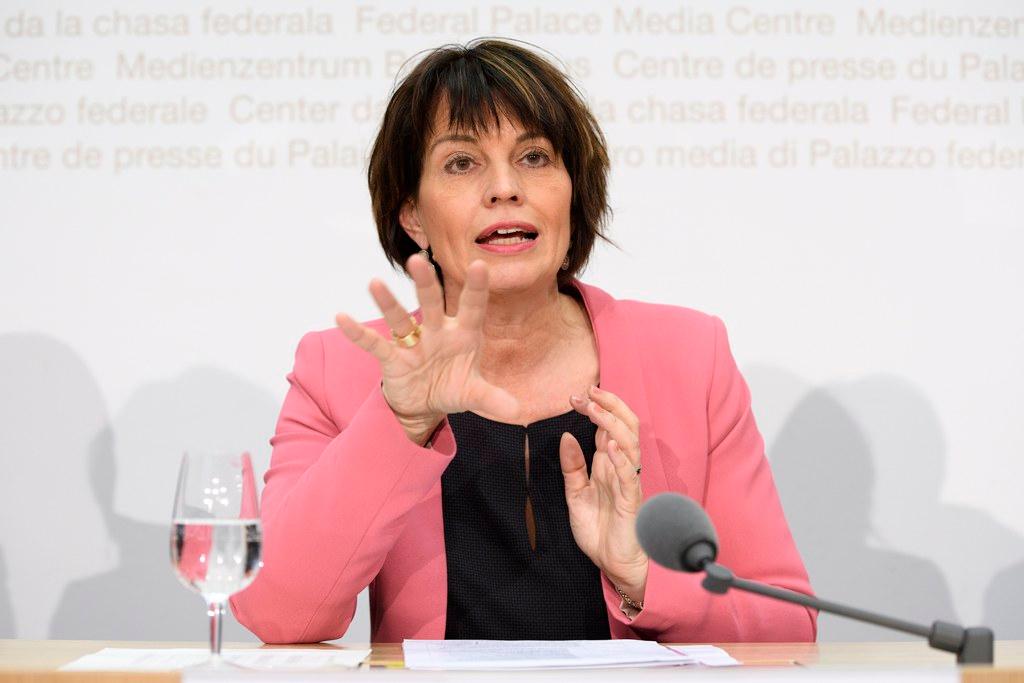
Moves are already underway by several political parties in parliament, particularly on the right, to curb advertising revenue for the public Swiss Broadcasting Corporation (SBC), swissinfo.ch’s parent company, and cut its licence fee further.
Losers and winners
In an initial reaction, the initiative committee conceded defeat only indirectly but said the debate helped “break a taboo on the mandatory fee”.
Campaigner Olivier Kessler told public radio that at the very least the vote was a “victory for direct democracy”.
The “No Billag” campaign (Billag is the service responsible for collecting the fee), largely supported by the rightwing Swiss People’s Party and libertarian groups, sought to limit the scope of state intervention.
They argued that the SBC is too dominant, stifling competition by private media companies. The initiative was also supported by the Federation of Small and Medium-sized Enterprises, which said the fee was unfair for companies.
Cohesion
On the winning side of Sunday’s vote were the government, most of the country’s political parties, as well as major institutions and organisations.
They said that scrapping the licence fee would spell the end of the SBC, a key institution due to its contribution to the cohesion of the multilingual country and its importance for a functioning democracy.
The SBC director general, Gilles Marchand, said it was a good result for the public broadcaster in all the different Swiss language regions.
He pledged to make the SBC more efficient, cutting CHF100 million ($107 million) from the budget from 2019.
He also promised to boost cooperation with the private media sector and to focus SBC programmes on information and culture, and to adapt to the challenges of the digital age.
Intense campaign
Sunday’s vote follows several months of emotional campaigning by political groups and a broad range of civil society groups mainly supporting the SBC, including swissinfo.ch.
Public attention has been high and debates both in traditional and social media intense.
Campaigning lasted for more than four months – an unusually long period of time, with heightened media attention during and after the final parliamentary debate in October.
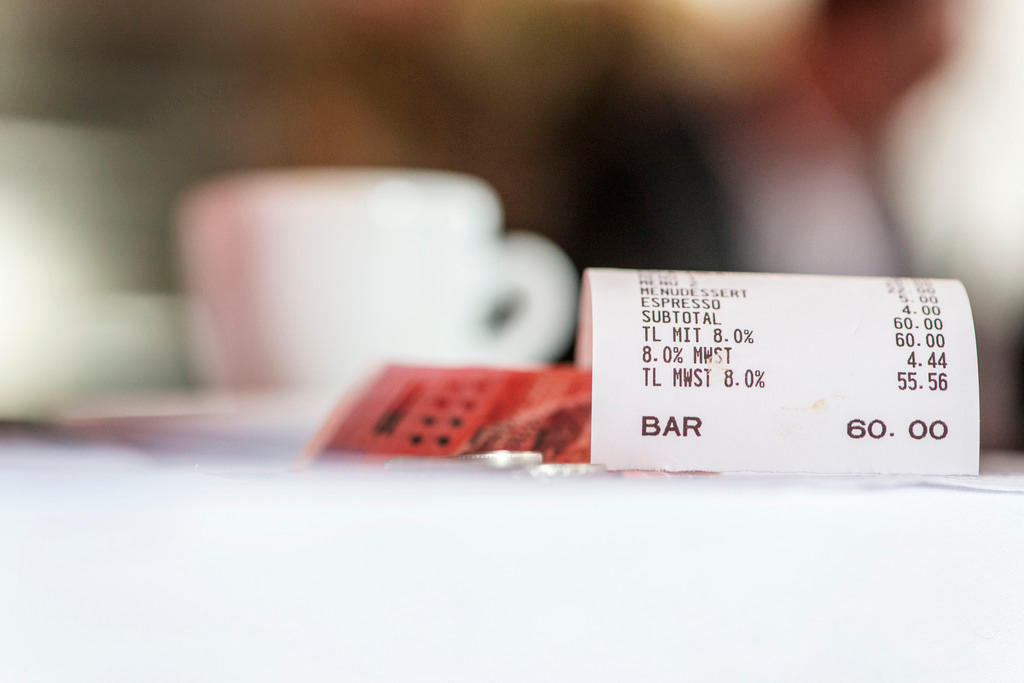
More
Tax ‘total meltdown’ averted
Turnout was just over 54%, clearly above the average for a nationwide vote and higher than expected by pollsters.
Reforms
Under current regulations, every household and company must pay an annual fee of CHF451.10 ($482) and CHF597.50 respectively to use the SBC’s 17 radio and television channels in the national languages, German, French, Italian and Romansh, as well as their respective online services.
The fee accounts for 75% of the SBC’s income, while the remainder is from advertising revenue.
In a bid to reform the current system, the government last year decided to lower the fee to CHF365 for private customers and a gradual system for companies, depending on their turnover. The aim is to cap the financial contribution to the SBC at CHF1.2 billion annually, while a bigger share of the funding will be divided among the more than 30 private broadcasters.
The SBC has been under pressure, notably from the political right and from private publishers, for several years. In 2015, an attempt led by the Federation of Small and Medium-sized Enterprises to thwart a change in the funding system narrowly failed at the ballot box.
A year later, voters rejected an initiative to boost the public service sector.
Sunday’s vote is the fifth unsuccessful attempt since 1982 to challenge the public licence fee in a nationwide ballot. Most committees failed at an early stage and didn’t collect enough signatures for an initiative.
Abolition of public broadcast licence fee:
28.4% yes 71.6% no
Extension of federal tax regime:
84.1% yes 15.9% no
Turnout: 54.4%

In compliance with the JTI standards
More: SWI swissinfo.ch certified by the Journalism Trust Initiative









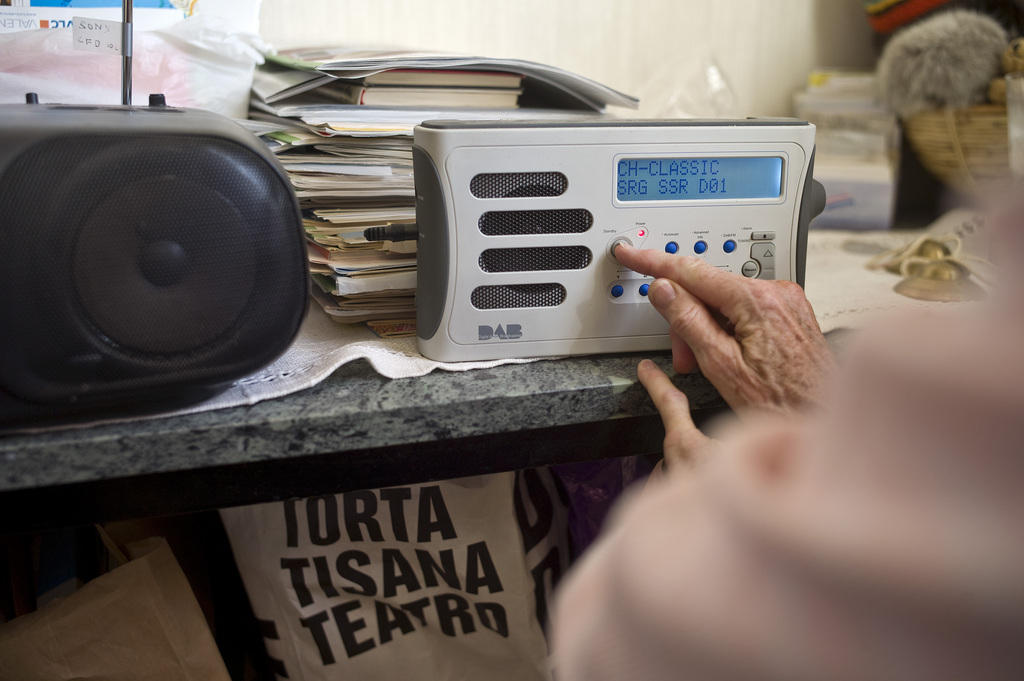
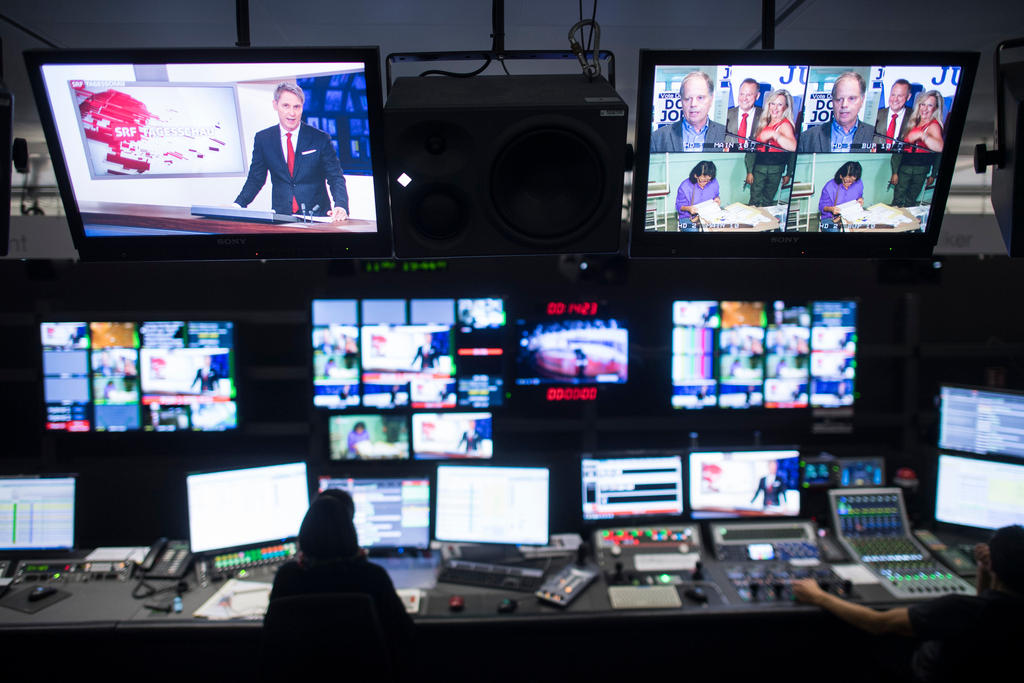



You can find an overview of ongoing debates with our journalists here . Please join us!
If you want to start a conversation about a topic raised in this article or want to report factual errors, email us at english@swissinfo.ch.